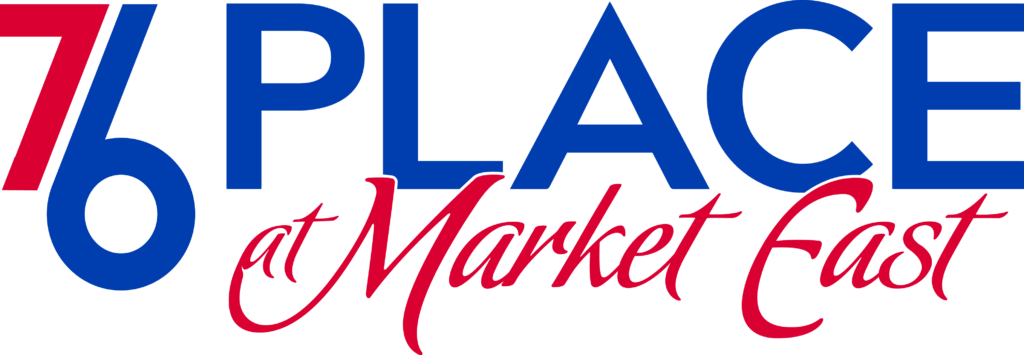Pennsylvania law and its tax code provide for a PILOT (Payment in Lieu of Taxes) to be created for all professional arenas and stadiums. Like all of the arenas and stadiums in the South Philly Sports Complex, 76 Place will adhere to this law.
The PILOT for 76 Place would dramatically increase the amount of property taxes paid by the Fashion District Mall – 76 Place would pay more than triple the current taxes paid by the mall. 76 Place would also be more than double the PILOT payment for Lincoln Financial Field and Wells Fargo Center and more than four times the PILOT payment for Citizens Bank Park.
Importantly, the fact that 76 Place will not require taxpayer subsidy differentiates the project from other city venues. All of the venues in South Philly took money and/or land from the City whereas we won’t take money and are paying to buy the land from the current owner of the mall and conveying it to the City at no cost. The City tax code is not structured in a way to properly assess sports and entertainment venues, that’s why there is a State statute that governs all of these venues and they pay PILOTs. 76 Place will be treated the same way as all the other professional sports venues in South Philadelphia, even as it generates significantly more tax revenue through its PILOT.

